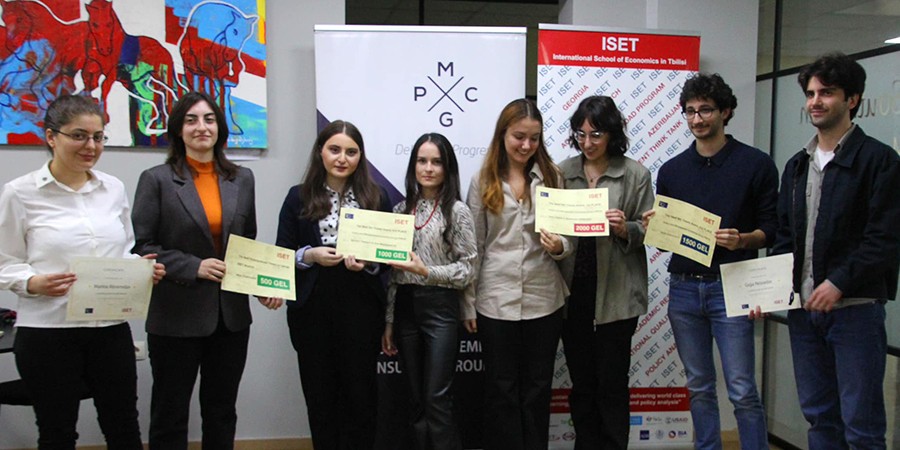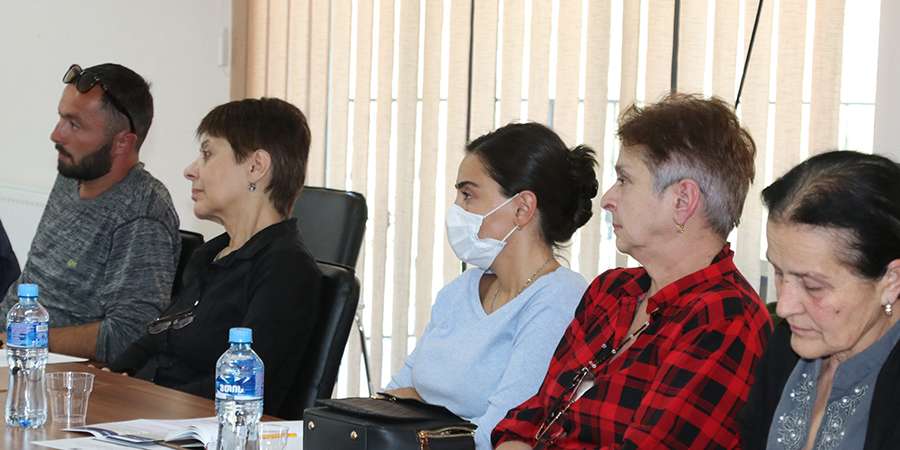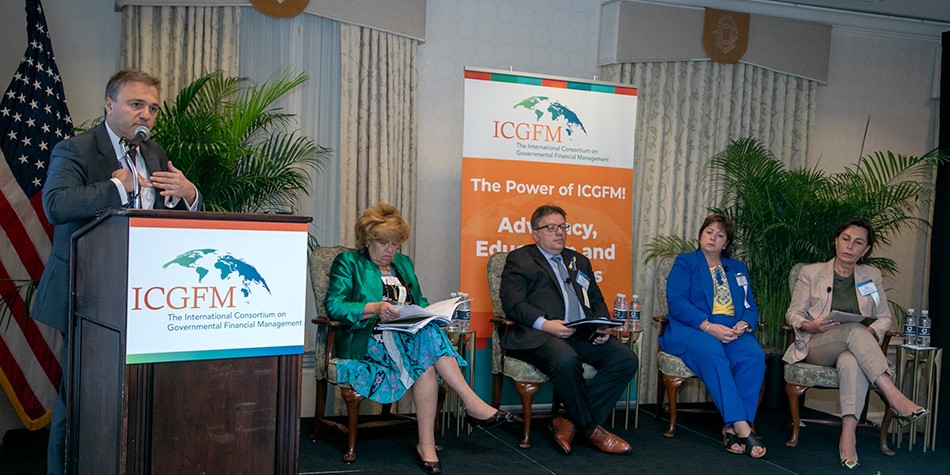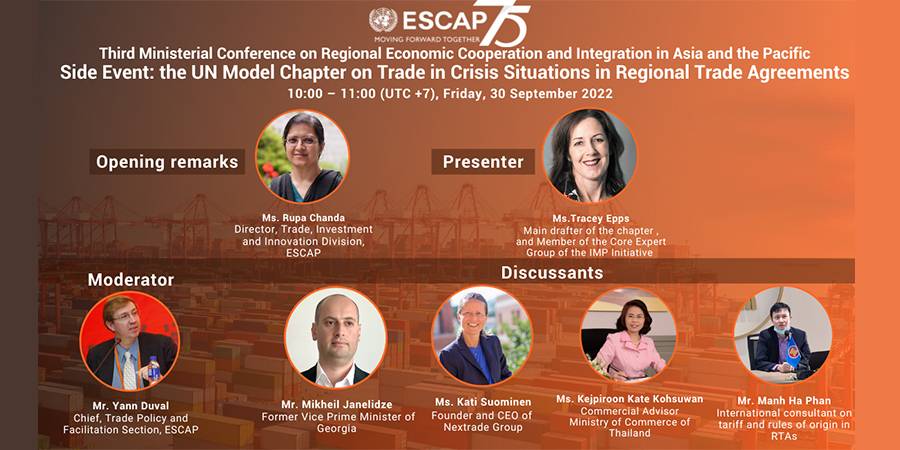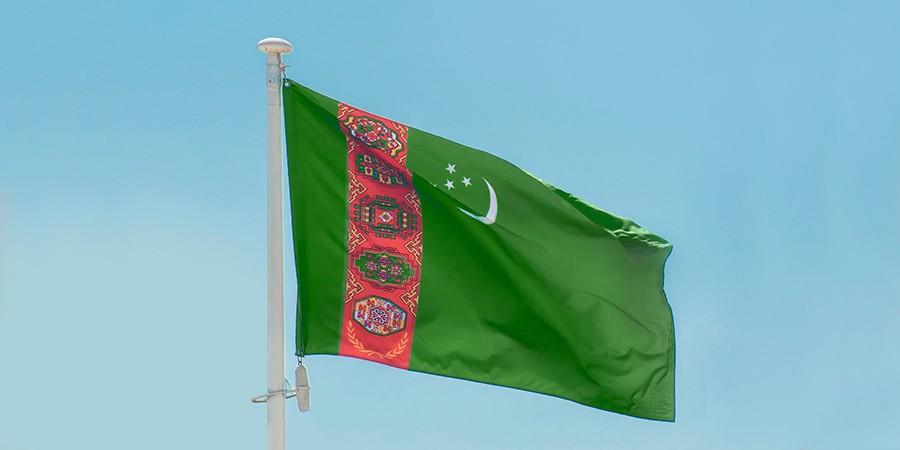Strengthening Civil Society Organizations
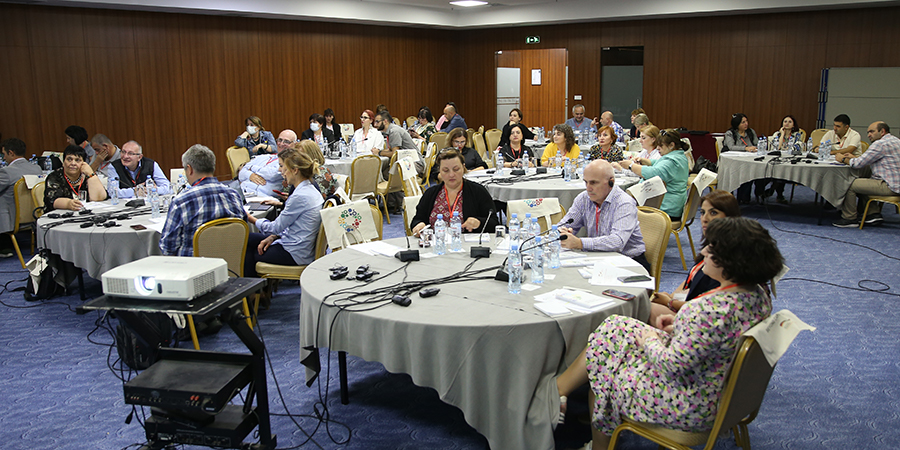

On September 29-30, PMCG presented findings of a study entitled “Needs Assessment for Capacity Building of Selected Georgian Civil Society Organizations” during a conference organized by the Deutsche Gesellschaft fuer Internationale Zusammenarbeit (GIZ) as part of the program “Strengthening Civil Society in the Eastern Partnership.”
The study was produced with the support of GIZ, commissioned by the German Federal Ministry for Economic Cooperation and Development (BMZ) in the course of the above-mentioned program. Its aim was to identify and assess the need for institutional capacity-building for a group of selected regional civil society organizations (CSOs) in Georgia.
“Our role, as civil society organizations working in the regions is decisive in implementing local development initiatives. Thus, such events and exchange opportunities foster cooperation with other non-governmental organizations working at local level in Georgia. At the same time, they enable the sharing of innovative approaches and solutions from regional-level exchange platforms, which is of the utmost importance for effective civic engagement in local self-government,”
said Natia Apkhazava, a representative of the Civil Society Institute (CSI).
About the event
Dr. Thomas Meyer, GIZ Programme Director, opened the two-day conference and emphasized the importance of civil society in the inclusive and sustainable development of a country. According to him, in all different priority sectors where GIZ has been working successfully in Georgia for years with the support of BMZ, such as sustainable economic development, local good governance, the environment and climate change, civil society plays a crucial role. Accordingly, by strengthening civil society, GIZ is making multifaceted contribution to the general development of the mentioned sectors.
Dr. Meyer and national coordinators presented the programme objectives and results, as well as different activities envisaged and highlighted the importance of regional learning and experience-sharing among EaP target countries.
During the conference, PMCG presented the results of the study to CSOs followed by a Q&A session. The second day of the conference was primarily dedicated to a discussion on the capacity-building plan for the selected CSOs.
Needs Assessment for Capacity-building of Selected Georgian Civil Society Organizations (CSOs) – The Basis for Discussions and Networking Among Participating CSOs
Georgian regional CSOs largely see themselves as harbingers of positive change in their regions. They are generally trying to keep their significance and relevance in the course of recovering from the pandemic, which will present various challenges such as higher rural poverty and rising rates of migration to bigger cities (mainly Tbilisi) or emigration especially among youth. Meanwhile, political polarization is increasing levels of indifference toward local issues among Georgian citizens. A recent tide in discreditation and hostile narratives against civil society actors has also damaged public trust in the third sector.
Despite these challenges, regional CSOs remain pivotal as their advocacy and efforts to protect the public interest and to encourage mayors and elected local councils to be more transparent. Moreover, they help to create strategies and action plans, and provide services in crucial social areas where local self-government bodies have limited competencies and resources, while they also create alternative public spaces for vulnerable groups including youth. In addition, the CSOs fight to protect human rights, share innovation and knowledge, and help citizens with their livelihoods, including those in agriculture and tourism.
The study assessed the institutional capacities of the selected regional CSOs in three key competencies: internal dimension (internal institutional abilities), including organizational strategy and human resource management, culture and leadership and budgeting and financial management; external dimension (external relations), including communication with stakeholders, service provision, advocacy, and networking; program performance including planning and coordination, monitoring and evaluation, and gender and human rights policy.
The study shows that the most daunting challenges faced by regional CSOs are their inability to generate alternative sources of funding beyond foreign donor organizations, a formidable deficiency of human resources, their lack of adequate communication capacities, as well as their shortcomings in their internal organizational management and strategic planning, inconsequential outreach with the community and citizens, resource gaps in service provision, and challenges related to advocacy.
Based on the needs assessment report, a capacity-building plan was designed for GIZ to implement to address the institutional gaps of the regional CSOs of Georgia.



